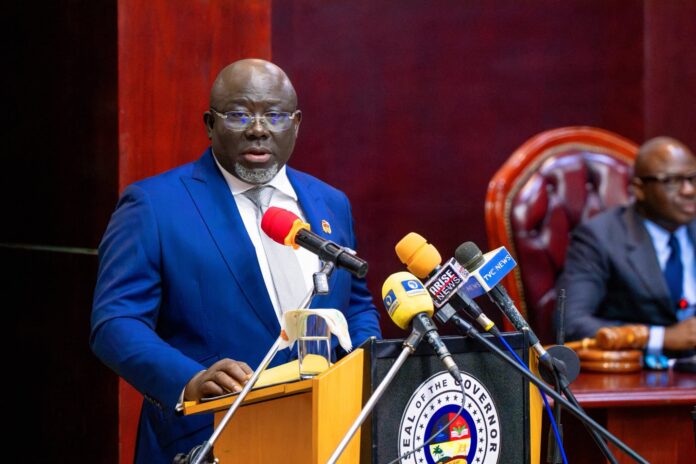The recent approval of a ₦6.7 billion counterpart fund by the Delta State Executive Council under the leadership of Rt. Hon. Sheriff Oborevwori marks a significant milestone in the ongoing efforts to transform basic education in the state. When matched by the Universal Basic Education Commission (UBEC), this investment is set to unlock a staggering ₦13.4 billion—an unprecedented boost to the primary and junior secondary education system.
This development is not only timely but commendable. In a period where many states struggle with basic funding, the fact that Delta State is making this contribution without resorting to loans underscores the Oborevwori administration’s fiscal discipline and strong prioritization of foundational education. It also reflects the state’s deepening resolve to build a future where every child, regardless of background, has access to quality learning environments and trained educators.
Furthermore, the stewardship of key figures like Mrs. Rose Ezewu, Commissioner for Secondary Education, and her primary education counterpart, deserves recognition. Under their leadership, the state has seen tangible improvements in infrastructure, teacher development, and academic performance. This new financial injection promises to amplify those gains—potentially resulting in renovated classrooms, better learning tools, and increased access to education across the 25 local government areas.
However, celebration must be balanced with scrutiny. While the financial gesture is impressive, the state government has missed an important opportunity to build public trust by failing to provide clear details on how this ₦13.4 billion will be spent. There was no mention of specific projects, target schools, timelines, or implementation strategies. In an era where public funds must be judiciously monitored, the absence of transparency raises legitimate concerns about accountability.
For an initiative of this magnitude, the public deserves to know:
- Which schools across the state are poised to benefit?
- What kinds of projects are planned—classroom construction, provision of learning materials, teacher training, or ICT infrastructure?
- How will the funds be distributed across urban and rural areas?
- What timelines and benchmarks will be used to measure progress?
The lack of this information makes it difficult for civil society, the media, and communities to track progress or hold implementing bodies accountable. In a state with diverse educational challenges, a blanket announcement without a detailed roadmap risks diluting the impact of this otherwise praiseworthy investment.
Recommendations for Strengthening Accountability and Transparency:
- Publish a Detailed Implementation Plan: The government should release a public document outlining how the ₦13.4 billion will be allocated, including a list of beneficiary schools, types of projects, expected outcomes, and timelines.
- Establish a Public Monitoring Dashboard: An online platform should be created where citizens, journalists, and education advocates can monitor progress, view updates, and report anomalies.
- Involve Community Stakeholders: Engage Parent-Teacher Associations (PTAs), traditional leaders, and local education committees in the planning and oversight process. Community involvement enhances ownership and accountability.
- Independent Audits and Progress Reports: Mandate periodic third-party audits and publish reports on fund utilization. This would not only promote transparency but also deter mismanagement.
- Strengthen Feedback Mechanisms: Set up hotlines, emails, and physical helpdesks for whistleblowers, parents, or teachers to report corruption or project failure.
The Oborevwori administration has taken a bold and commendable step that should not go unnoticed. But the true legacy of this initiative will lie not in the announcement itself, but in how transparently and effectively it is implemented. Delta State has the chance to set a national example—not only in investing in education—but in doing so with integrity, openness, and results.
Let the good work begin, and let the people see it clearly.



